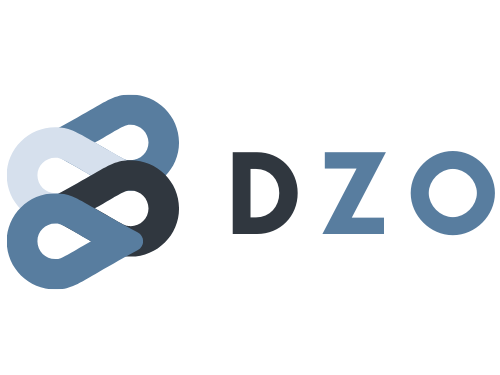
Digital Signal Processing
This course introduces the area of digital signal processing, including its basics, advantages, and applications. It basically teaches us to engineer and design digital filters for truncating unwanted signals. Related concepts such as signal definition, periodicity, stability, causality, convolution, difference equations, infinite impulse response (IIR), finite impulse response (FIR) and signal flow graphs are also discussed. The course then delves into spectrum representation of discrete-time signals covering sampling theorem, the discrete-time Fourier transform (DTFT) and its properties, and Discrete Fourier Transform (DFT). Another domain presented is z-transform, which consists of topics on derivations, the region of convergence, transformation properties, poles and zeros, and inverse z-transform. Towards the end, analysis and design of digital filter will cover filter basics, analog filter prototypes, and design of IIR filter and FIR filter.
Links to all notes/lecture slides and my lecture videos are as below. The contents are available for everyone online as part of the e-Content Initiative by UTM.
M0: Introduction (Notes)
M1: Discrete Time Signals (Video part 1, Video part 2, Notes)
M2: Discrete Time System (Video part 1, Video part 2, Notes)
M3: LTI System (Video part 1, Video part 2, Notes)
M4: Z-Transform (Video part 1, Video part 2, Notes)
M5: Inverse Z-Transform (Video part 1, Video part 2, Notes)
M6: Transfer Function and System Realisation (Video part 1, Video part 2, Notes)
M7: Spectrum Representation of Discrete Time Signals (Video, Notes)
M9: DTFT Properties (Video part 1, Video part 2, Notes)
M10: Phase System and Sampling Revisited (Video part 1, Video part 2, Notes)
M11: DFT (Video part 1, Video part 2, Notes)
M12: IIR Filter (Video part 1, Video part 2, Notes)
M13: FIR Filter (Video, Notes)
DSP Overview Concept Mapping (Notes)

